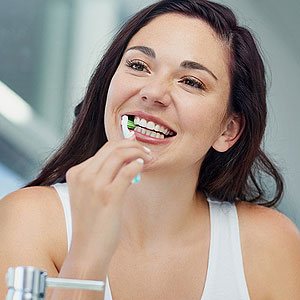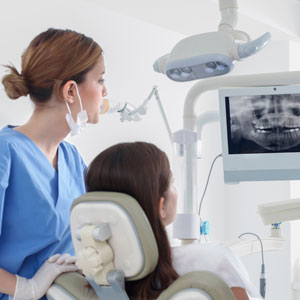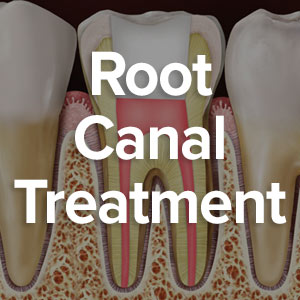
You’re not just a patient to your dentist—you’re also a partner for achieving your best oral health possible. And it takes what both of you do to achieve it.
No doubt your dentist always strives to bring their “A Game” when providing you care. You should carry the same attitude into your personal oral hygiene—to truly master the skill of brushing.
Like its equally important counterpart flossing, brushing isn’t mechanically complicated—you need only a minimum of dexterity to perform it. But there are nuances to brushing that could mean the difference between just adequate and super effective.
The goal of both brushing and flossing is to clean the teeth of dental plaque, a built-up film of bacteria and food particles most responsible for dental diseases like tooth decay and periodontal (gum) disease. Brushing removes plaque from the broad front and back surfaces of teeth, while flossing removes it from between teeth where a toothbrush can’t reach.
While a lot of cleaning tasks require bearing down with a little “elbow grease,” that’s unnecessary with brushing—in fact, you may increase your risk of gum recession if you brush too vigorously or too often. All you need is to apply a gentle, circular motion along all tooth surfaces from the gum line to the top of the tooth—a thorough brushing usually takes about two minutes, once or twice a day.
Your equipment is also important. Be sure your toothbrush is soft-bristled, multi-tufted and with a head small enough to maneuver comfortably inside your mouth. Because the bristles wear and eventually lose their effectiveness, change your brush about every three months. And be sure your toothpaste contains fluoride to help strengthen your enamel.
One last tip: while it may sound counterintuitive, don’t brush immediately after a meal. Eating increases the mouth’s acidity, which can temporarily soften the minerals in tooth enamel. If you brush right away you might slough off tiny bits of softened enamel. Instead, wait an hour before brushing to give your saliva time to neutralize the acid and help re-mineralize your enamel.
Unlike your dentist partner, your role in caring for your teeth doesn’t require years of training. But a little extra effort to improve your brushing proficiency could increase your chances for a healthy mouth.
If you would like more information on best practices for personal oral hygiene, please contact us or schedule an appointment for a consultation. You can also learn more about this topic by reading the Dear Doctor magazine article “10 Tips for Daily Oral Care at Home.”



